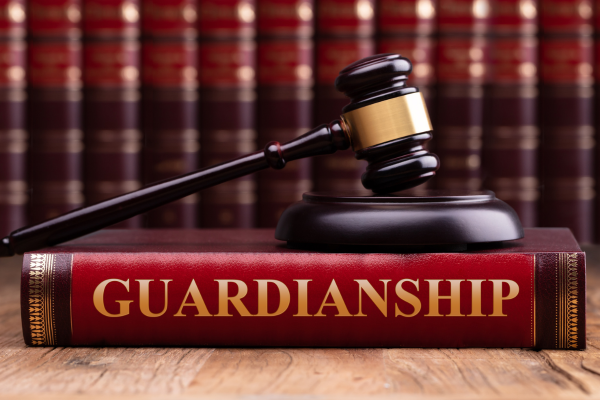Elder law attorneys may specialize in estate planning, incapacity planning, and end-of-life care for seniors.…

How to become a Guardian for an Adult with Developmental and/or Intellectual Disabilities
Explaining Article 17-A Guardianship to Parents of Children with Disabilities
When considering how to manage the property or well-being of a disabled person, the need for an appointed guardian often becomes part of the conversation.
In New York State, there are three types of proceedings when a guardian can be appointed. They are as follows:
- Surrogate’s Court Procedure Act (SCPA) Article 17 Guardianship of a Minor Child
- SCPA Article 17-A Guardianship of an Adult with Developmental and/or Intellectual Disabilities
- Mental Hygiene Law Article 81 Guardianship of an Incapacitated Adult
Although each type of guardianship proceeding is authorized by its own law, all three allow for:
- The appointment of a guardian of the person only
- A guardian of the property only
- The guardian of the person and property
Since they are authorized and guided by separate laws, the process of appointing a guardian in each type of guardianship is different. This blog post focuses on how to become a guardian of an adult with developmental and/or intellectual disabilities.
SCPA Article 17-A Guardianship Proceedings
In New York State, when a person reaches the age of 18, they are considered legally competent to make decisions for themselves. This may seem counterintuitive to many parents of children with disabilities. When their loved one turns 18, it means that no other person can legally make a personal, medical, or financial decision for them. A judge must appoint a guardian or co-guardians for their child or loved one.
If your loved one is “intellectually disabled or developmentally disabled,” has difficulty making decisions for themselves, and is over 18 years old, then they will likely need a guardian to be appointed to make decisions regarding their personal needs or property management. If a guardian is needed, get help from a NY estate lawyer or special needs attorney to submit an Article 17-A petition in the Surrogate’s Court where your child or loved one resides. The child or loved one is the subject of the Article 17-A Guardianship proceeding and is referred to as the “respondent.”
Required Certifications for the Respondent
In addition to the petition, certifications are needed from:
- One physician and one psychologist, or
- Two physicians
They must be filed with the court to certify that the respondent has a disability and is not able to manage their affairs because of intellectual disability, developmental disability, or a traumatic head injury. Once the petition and certifications are approved by the court, a citation is issued. It provides a notice to the respondent, and any other interested party who has not signed a waiver, with a citation return date.
Interested parties usually include close family members and adult members of the household. The respondent and interested parties are listed on the citation and need to be served with the citation for an opportunity to appear at the citation return date.
GAL or MHLS
In addition to issuing the citation, the court may appoint a guardian ad litem (commonly called a “GAL”) or the Mental Hygiene Legal Service (MHLS) if the respondent is a resident of a mental hygiene facility. The reason the court appoints a GAL or MHLS is to help the respondent in the guardianship proceeding and make a recommendation on whether the appointment of a guardian is in their best interest.
The respondent and interested parties are listed on the citation and need to be served with the citation for an opportunity to appear at the citation return date.
Requirements of the Petitioner
In most courts, the citation return date is also the hearing date for the proceeding. At the hearing, the person(s) bringing the guardianship proceeding, called the petitioner(s), must be present to testify to the need for guardianship. The court usually requires the respondent to be present unless good cause can be shown why they should not be at the hearing. At the conclusion of the testimony, the court renders a decision on the record. If the petition is successful, the court issues a decree and letters of guardianship shortly after the hearing date.
An Article 17-A Guardianship is very broad and covers most decisions that a parent usually makes for a child, like those relating to financial and healthcare matters. If you are parents of children with disabilities, discussing guardianship is often part of the estate planning or special needs planning process.
It is important to meet with a NY estate lawyer or special needs attorney who is experienced in guardianships and special needs planning. At Russo Law P.C., we help determine what type of guardianship proceeding is the most appropriate for your child or loved one before they turn 18 years old.
We invite you check out our free seminars and webinars explaining how Russo Law Group, P.C. helps provide you with peace of mind.




This Post Has 0 Comments